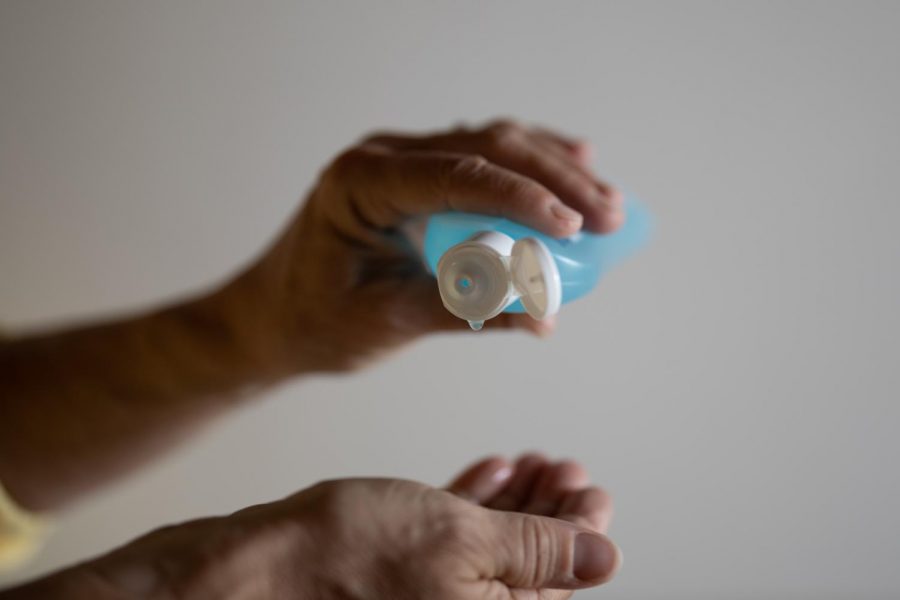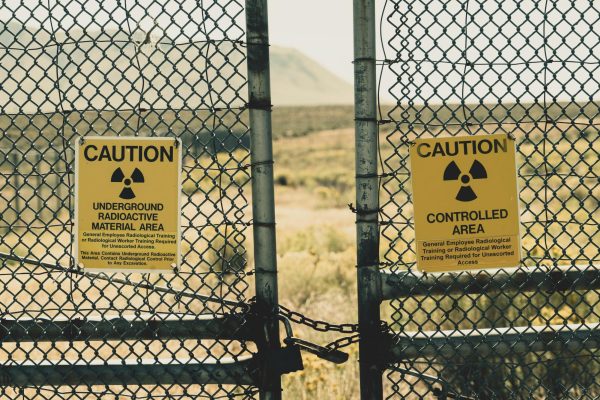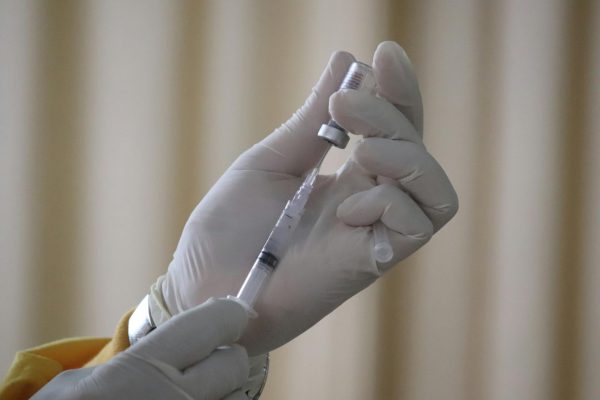“Prison Purell” Draws Scrutiny Over Wages
March 25, 2020
In the wake of the coronavirus epidemic, Americans are scrambling for safety essentials—toilet paper, food and hand sanitizer.
The recent spike in demand for hand sanitizer has caused a shortage across the country, and medical facilities are running dangerously low on supplies. Earlier this month, to combat the urgent hand sanitizer shortage, Governor Cuomo ordered that New York State begin producing its own line of cheap, alcohol-based disinfectants called “New York State Clean.” The state plans to produce 100,000 gallons of hand sanitizer per week through Corcraft, a manufacturing company run by the NYS Department of Corrections and Community Supervision.
According to its website, Corcraft’s mission is to “prepare [prison inmates] for release through skill development, work ethic, respect and responsibility” by employing them to produce metal products, furniture, textiles, and other products. Corcraft is only allowed to sell their products to “government agencies at the state and local levels, schools and universities, courts, fire departments, police departments and certain not-for-profits.”
In turn, local governments must buy products from Corcraft, which has “preferred status” under Section 162 of the NY State Finance Law, so that it doesn’t have to compete with other companies. Essentially, this leaves room for Corcraft to set their own standards and monopolize their market.
Producing sanitizer in-state costs $6.10 a gallon, much cheaper than buying from private companies. The human cost, however, has drawn scrutiny from civil rights organizations.
They highlight that Corcraft employs incarcerated people, working 6 hours per day for $0.10 to $0.33 per hour. In comparison, the NY State Department of Labor estimates hourly earnings for manufacturing workers (non-incarcerated) to be about $22.90, and the NY State minimum hourly wage is $11.80. This stark disparity is compounded by the fact that hand sanitizer is considered contraband in many prisons because of its alcohol content.
Additionally, it is unknown whether prison inmates will be allowed to use the disinfectant that they are producing. This is a key issue for prisons as close quarters, shortages of soap, and deficiencies in health care create a breeding ground for viral outbreaks.
The wages paid to these incarcerated workers are, as they have been for years, under great scrutiny. What the wages and employee protections should be for prison labor remains up for debate, and differs greatly between states. The line between exploitative labor and vocational training, at this point, seems to be blurred.












